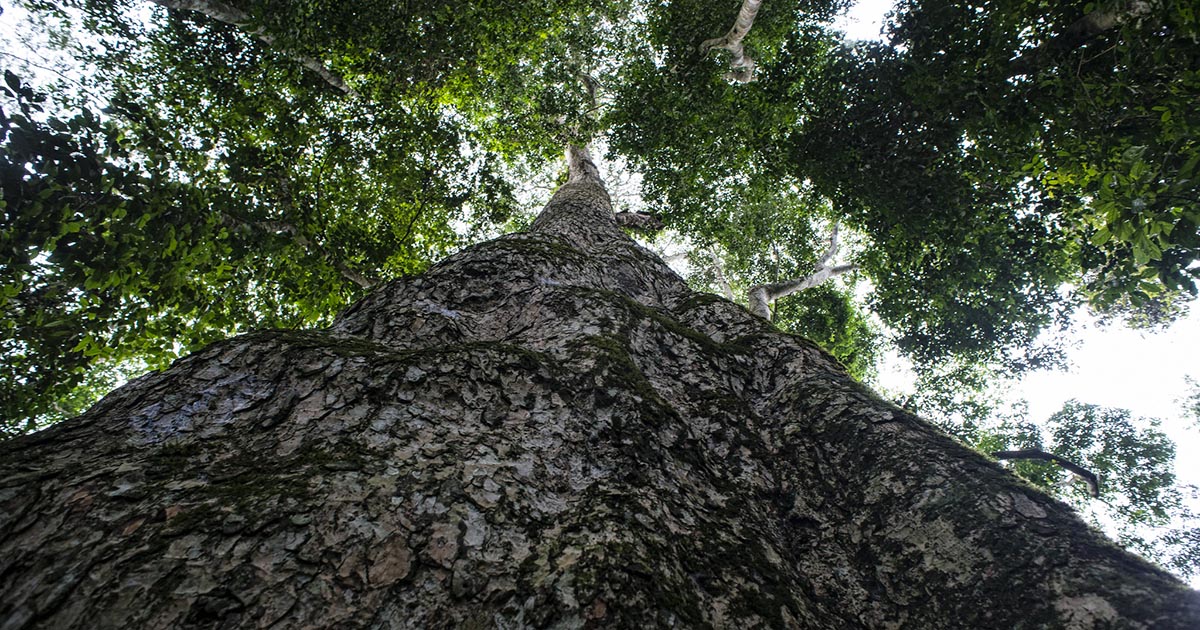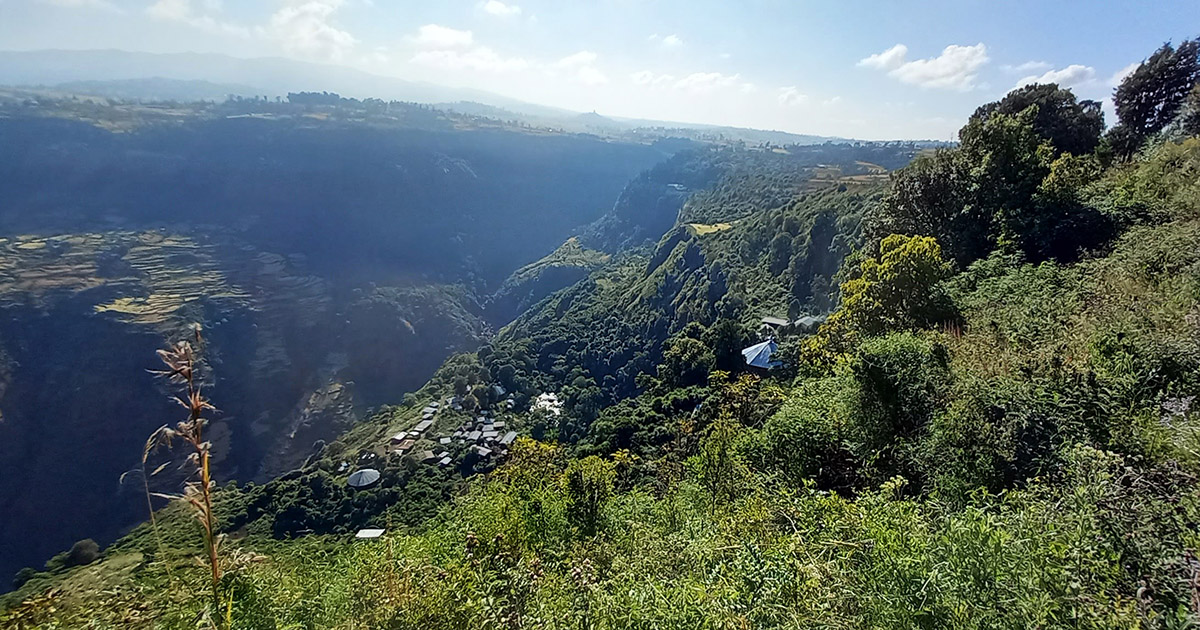DOI:
https://doi.org/10.1080/14728028.2025.2535578Altmetric score:
Dimensions Citation Count:
Publication year
2025
Authors
Lescuyer, G.; Vautrin, C.; Mercier, A.; Dubiez, E.; Bisimwa, B.; Betbeder, J.; Couteron, P.
Language
English
Keywords
forest management, degraded forests, deforestation, illegal logging, small scale farming, timber, markets, chainsaw
Source
Forests, Trees and Livelihoods.
Geographic
Cameroon, Democratic Republic of the Congo















